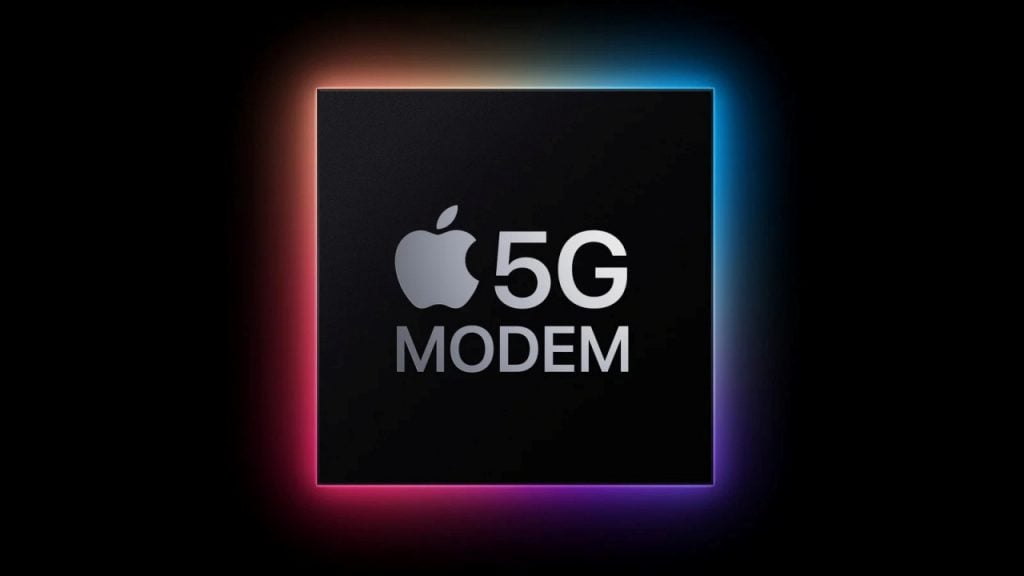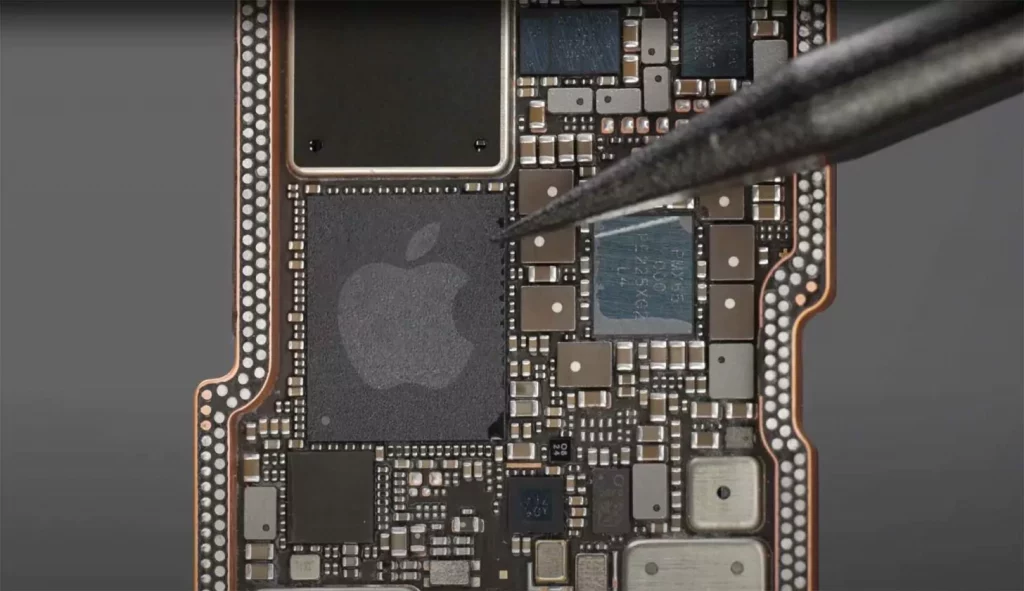Did you know that regardless of the brand of your phone, it is not actually produced by a single company? In order to produce a phone, it is necessary to manufacture components in many different areas such as the screen, processor, and battery. This is a job that requires expertise and significant investment. For this reason, dozens of different companies may have their signatures on a single device. However, many companies, especially Apple, continue to work to reduce this situation, which can be called “external or third-party dependency”. The US tech giant, which has been producing its own processors for a while, plans to introduce its own 5G modem in its flagship iPhones. Here are the details…
Apple’s 5G Modem To Be Mass Produced On TSMC’s 3nm Process, Risk Production Starting In Late 2023
Apple’s plans to introduce its own 5G modem in its flagship iPhone range is getting closer to reality. The tech giant is expected to break Qualcomm’s exclusivity by employing its own custom solution, codenamed ‘Ibiza,’ in the iPhone 16 family, which will be mass-produced on TSMC’s 3nm technology. The move is part of Apple’s efforts to be free of third-party chip providers, including Broadcom.

According to a report by Commercial Times, supply chain sources revealed that risk production for Apple’s custom 5G modem is expected to begin in the second half of 2023, with wafer output slowly increasing in the first half of 2024. This timeline suggests that the iPhone 15 lineup will continue to use Qualcomm’s 5G modems exclusively, likely taking advantage of the newest Snapdragon X70.
However, Apple’s goal is to incorporate cellular, Wi-Fi, and Bluetooth connectivity in a single package, which will take several years to reach completion. In the meantime, Apple is focused on delivering a 5G modem with power savings, better integration with the iPhone, and broader features set in satellite connectivity.
With the introduction of its own 5G modem, Apple will have greater control over its hardware and software, allowing the company to deliver better performance and efficiency in its devices. It’s also a significant step towards achieving Apple’s long-term goal of being less reliant on third-party suppliers, giving the company more control over its supply chain.

While the transition towards in-house modem development will take several years, it’s a significant step towards Apple’s long-term goal of being less reliant on third-party suppliers.
RELATED:
- Huawei Accused of Tracking Visitors Via Security Badges at MWC 2023
- Best Gaming Laptops under $1500 in 2023 – Premium Performance
- Apple’s MR device is intriguing but it may not become another iPhone
- Qualcomm’s Snapdragon 8 Gen 3 Could Outperform Apple’s A17 Bionic
- TSMC To Start Mass Production Of Next-Gen 3nm Chips This Week
(via)







